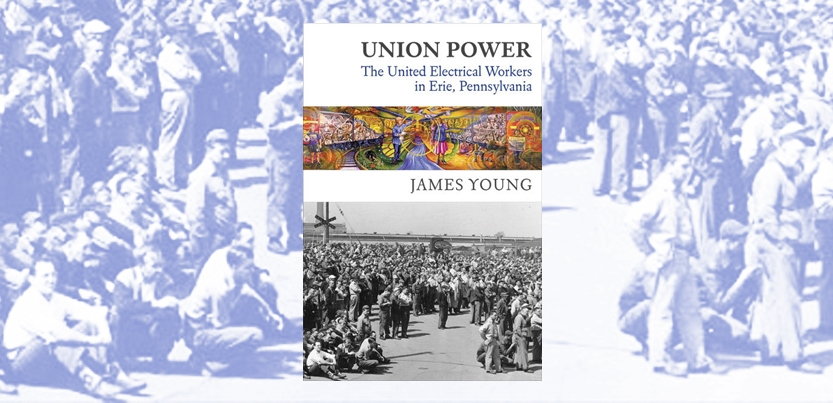What We're Reading

We asked Labor Notes staffers and friends which labor books are on their nightstands these days. Here's a sample.
Homegoing, a novel by Yaa Gyasi, follows 300 years of history through the stories of the descendants of two sisters torn apart by the African slave trade. One sister stays in Ghana and one is brought to the U.S. One memorable character begins working in a coal mine as a prisoner, in conditions not too different from slavery. When he is released he keeps working alongside white workers in the mines of Pratt City, Alabama, and gets involved in the union during a strike over wages and safety. He eventually becomes a union leader. The heartbreaking stories follow U.S. history through slavery, the Jim Crow South, the Great Migration, and the civil rights and Black Power movements, all told alongside the parallel Ghanaian narrative leading to the present day.—Samantha Winslow
Want to know why it’s hard for so many workers to eke out a decent living? Read David Weil’s The Fissured Workplace: Why Work Became So Bad for So Many and What Can Be Done to Improve It. Weil details the great American corporate scam to subcontract work—and skirt even the most basic responsibility for workers’ well-being—in nearly every industry under the sun, from cell tower maintenance to lumping boxes for Walmart to packing Hershey’s candy to installing cable. Along with subcontracting go franchising and the misclassification of workers as independent contractors. The Obama administration—where Weil served as the Department of Labor official responsible for overseeing wage and hour violations—made some efforts to hold large corporations responsible for these practices. That’s all likely to be thrown out under Trump.—Dan DiMaggio
You aren’t paranoid, they really are out to get us. That should be the tagline to Jane Mayer’s Dark Money: The Hidden History of the Billionaires Behind the Rise of the Radical Right, a captivating work of investigative journalism that will introduce you to a cast of sleazy political operatives and think-tank charlatans all in the employ of two arch-enemies of unions and the working class: Charles and David Koch. Mayer is an artful writer and gives an engrossing account of how these two right-wing billionaires spent decades and hundreds of millions of dollars moving their extreme libertarian politics from the political fringes to the very heart of today’s Republican Party.—Chris Brooks

SUPPORT LABOR NOTES
BECOME A MONTHLY DONOR
Give $10 a month or more and get our "Fight the Boss, Build the Union" T-shirt.
Union Power: The United Electrical Workers in Erie, Pennsylvania, by James Young, is a history of the UE locals at General Electric, but it focuses on the McCarthy era, and how these locals survived it with their militancy and their organization intact, while so many other unions were smashed or tamed. The style is fast-moving, and the activists are vividly portrayed. These same locals are now fighting GE’s plan to transfer locomotive production to its non-union plant in Fort Worth, Texas, eliminating 570 jobs in Erie.—Marian Swerdlow
Can you imagine a strike by 5,000 extremely poor Black and white cotton pickers in Arkansas in 1935? They walked out right at harvest time and won raises of 25 to 50 percent. This was the era of Ku Klux Klan rule, so the Southern Tenant Farmers’ Union had to organize in secret, distributing bundled leaflets under cover of darkness. To identify themselves members used a secret handshake and the phrase, “I am for a worker’s world.” One obstacle was persuading white farmworkers to join a union with African Americans; another was lynch mobs that sometimes chased organizers out of town. Nonetheless the union grew to 30,000-40,000 members, decades before the civil rights movement. In Sharecropper’s Troubadour: John L. Handcox, the Southern Tenant Farmers’ Union, and the African American Song Tradition, Mike Honey tells this fascinating story through the biography of organizer and self-taught songwriter John Handcox, who wrote “Roll the Union On.” –Alexandra Bradbury





